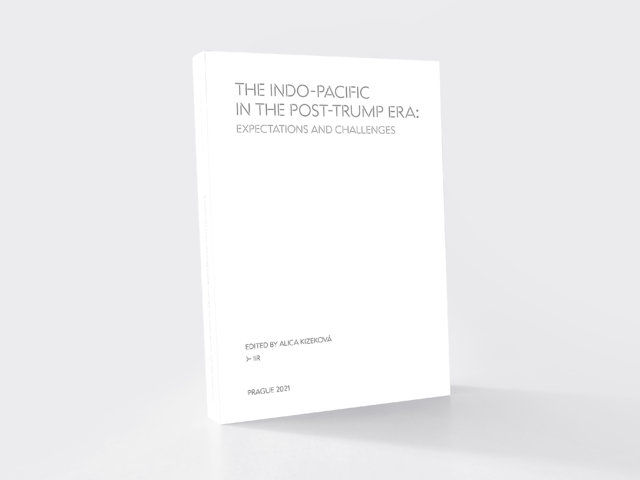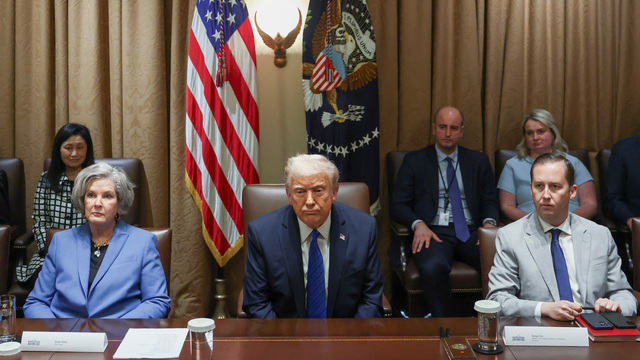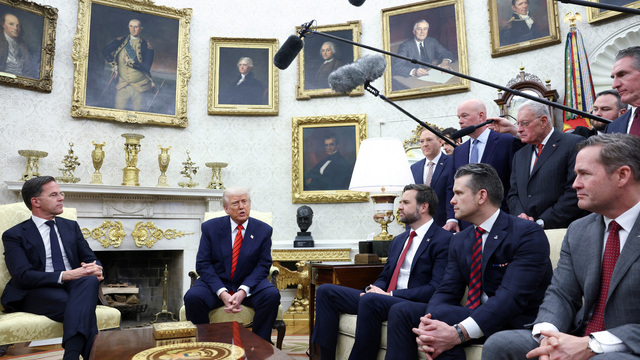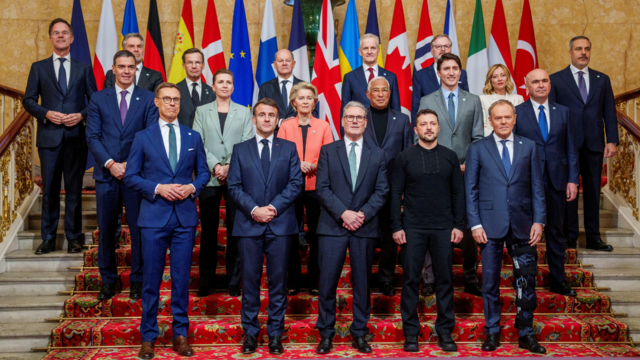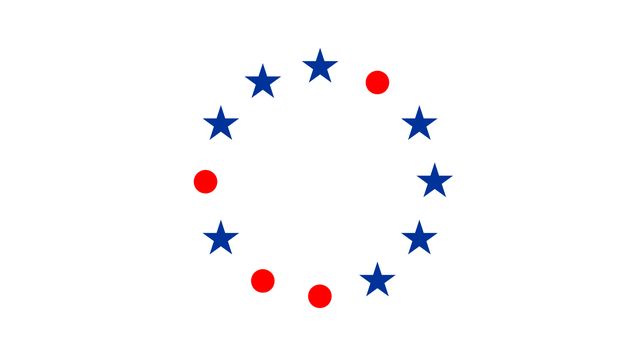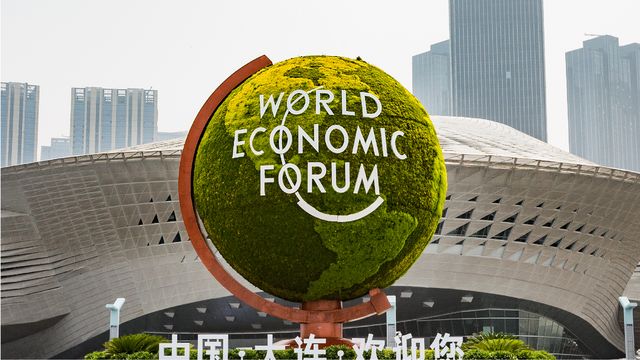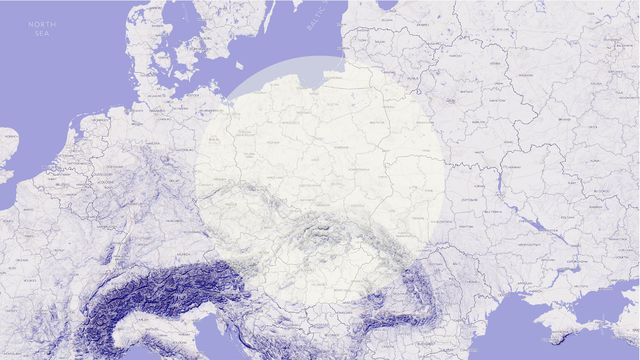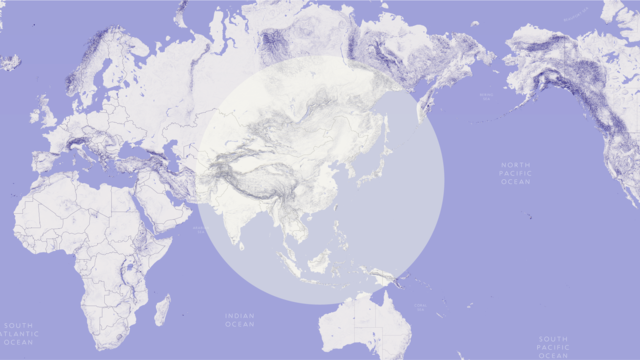Japan and the Visegrad 4: The Unsensational Strategic Partners
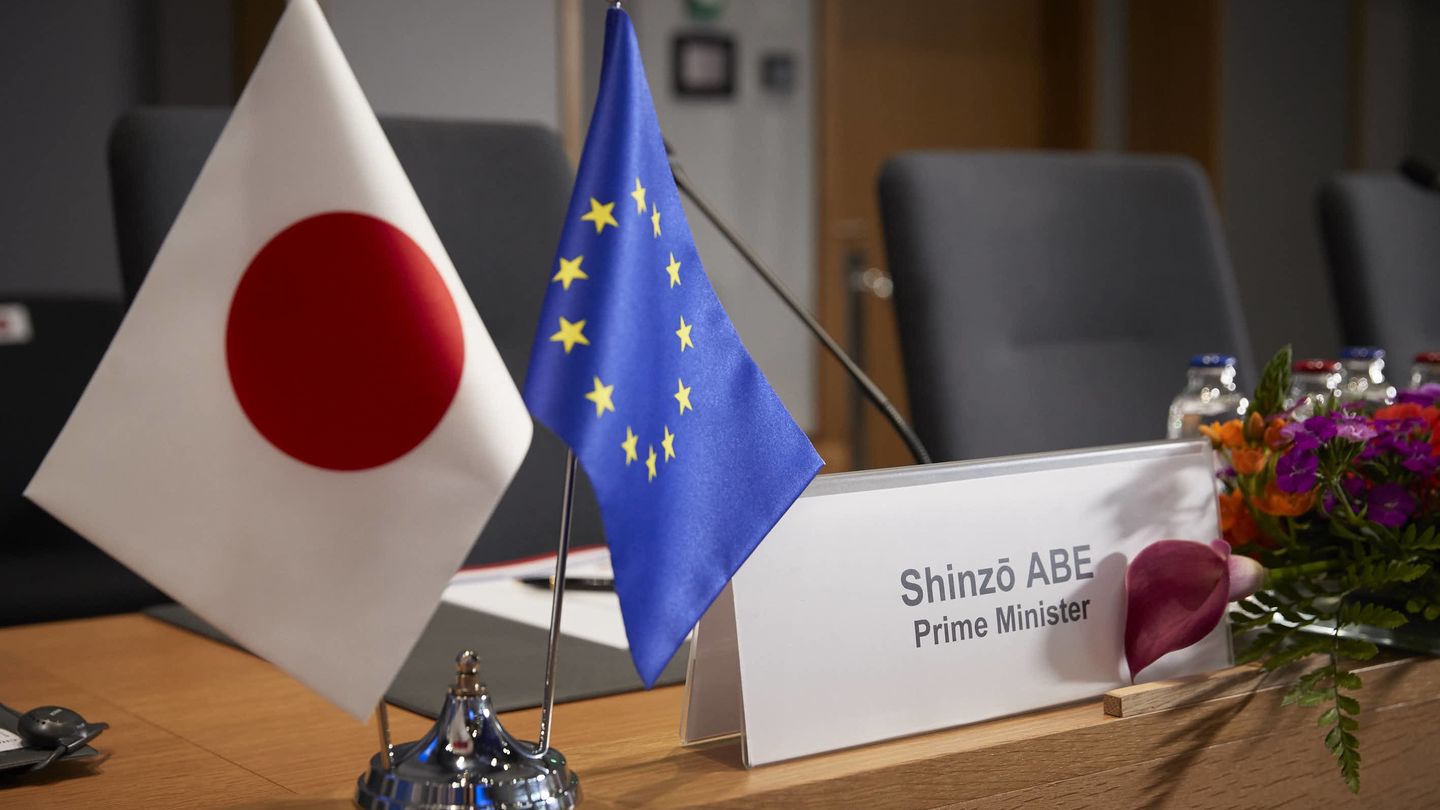
paper
Our Senior Researcher Rudolf Fürst published a new Policy Paper. This paper points out to the convergence between the Visegrad 4 and Japan that is driven by economic concerns and shared views on global political challenges. It also discusses the potential and real prospects of Japan’s rising interest in the V4 group.
The paper points to the convergence between the Visegrad 4 (V4) and Japan that is driven by economic concerns and shared views on global political challenges. The Japanese pro-active European strategy arises from the high relevance of the EU in Japanese economic global policy, and also as a reaction to the increasing Chinese global influence, and the rising US protectionism. The Japanese European policy also reached Central Europe as Japan established a regional cooperation platform with the V4 states. This paper discusses the potential, as well as the real prospects of Japan’s rising interest in the V4 group.
Japan is the leading Asian investor in Czechia and Poland. The V4 states ought to benefit from the multi-level structure of the developing ties with Japan. Promoting cooperation with Japan ought to be a theme for the Czech V4 presidency. The V4+Japan format is asymmetrical and there is no clear vision for its institutionalizing, but individual benefits from it for individual V4 states on the bilateral level are available, and the V4 states should take advantage of them.
The EU-Japan level stimulating economic effect of the Economic Partnership Agreement (EPA) is obvious, and Europe could gain more from stronger ties with Japan. Such a rapprochement, however, does not divert Japan and the EU from their understanding of China and the building of their ties with this stronger Asian stakeholder.
INTRODUCTION
The Euro-Japanese rapprochement stimulates the Japanese interest in the new EU member states, which are then matched with Japanese investments and Japan’s global trade strategy. The V4 states benefit in this regard from their geographical position, existing infrastructure and political stability, industrial tradition, and low labour costs. The V4+Japan regional cooperative framework was launched in 2004 by a series of consultations between the countries’ foreign ministers and also their prime ministers, who discussed various spheres of cooperation that included deepening the economic agenda, political dialogue, cooperation in development assistance to third countries, and promoting research and development in science and technology. This paper deals with the potential and challenges of the rising Japanese presence in Europe, and the emerging V4+Japan format. It concludes with recommendations for encouraging the Japanese interest in the V4, which is largely inclusive of the EU-Japan strategic platform as prospective in terms of mutual economic effects, strengthening liberal economic rules, IP protection, supporting environment and climate protection, and promoting largely consensual geopolitical views aimed at balancing the challenges of the rising Chinese and US foreign policies and strategic geo-economic shifts.
JAPAN FACING GEO-ECONOMIC CHALLENGES FROM CHINA AND THE US, YET RELYING ON FRIENDLY EUROPE
Japan used to not be known as a keen free trader; however, the geopolitical and geo-economic dynamics of China’s rise, and the shift of the US Asia- -Pacific policy, including the US’s rising protectionism and offensive against the WTO, urged Japan to intensify its international activity. The project called the Belt and Road Initiative (BRI), and the establishing of the Asian Infrastructure Investments Bank (AIIB) herald the Chinese ambitions to design a global multilateral institutional structure and reshape the global economic governance, while assuming the role of an internationally strong stakeholder that is posing an alternative to the West-dominated global order. The US’s stunning withdrawal from the Trans-Pacific Partnership (TPP) multilateral platform, which was perceived in Japan as a pillar of the US economic and political presence in the Asia-Pacific, opened up a space for the Chinese alternative platform of the Regional Comprehensive Economic Partnership (RCEP), which includes 16 Asian states. This is a competitive free tradeoriented framework that is also attended by Japan, but with a leading role for China, which internationally promotes its national geo-economic priorities and a strong role for state-owned enterprises (SOE). The Chinese competitive multilateralism, together with the US downturn to protectionism, which accelerates the ASEAN statesʼ leaning more to China, drives Japanʼs moving closer to the economically liberal and politically like-minded Europe.
The signing of the Economic Partnership Agreement (EPA) between the EU and Japan, which entered into force in 2019, has brought about a significant step in the effort to remove tariffs and other trade barriers, and established the so far largest free trade zone in the world for 635 million people. The expected outcomes will not only boost the economies of Europe and Japan, but also contribute to framing the anti-protectionist Euro-Japanese alliance so that it would shape the global trade rules and standards and political liberal values. According to the free trade agreement of the EU and Japan the political overlap of the EPA is supposed to engage both partners in global challenges in environment protection and tackling the climate change issue, and contribute to regional stability and securing access to energy supplies.
The EU-Japan EPA goes beyond the usual free trade agreement, as it includes support for the Paris Agreement and other environment protection agreements, public procurement rules, labour rights, IP protection standards, and data protection norms. Furthermore, the EU-Japan free trade negotiations exceed the economic level by reaching the Strategic Partnership Agreement (SPA) between the EU and Japan. The SPA involves consensus on various issues, such the Iran nuclear deal and the concept of freedom of navigation in the South China Sea. Besides this, it also includes the occasional EU-Japan ad hoc security cooperation that has so far occurred in specific cases in the Western Balkans, the Middle East, and Africa. A more systematic approach between the EU and Japan might bridge the gap between their formal, organizational and staff training-related differences and practices, and lead them to proceed to a deeper cooperation in counterterrorism and intelligence sharing, and cooperation with NATO. Both the EU and Japan seek for mutually tighter political relations at a time of rising uncertainty about the lasting strategic ties with the US, and the US willingness to prolong their safeguard in East Asia. Besides this, the EU and Japan simultaneously cannot abstain from engaging the increasingly prominent China, which neither of them can do without.
THE V4+JAPAN: ANOTHER ASYMMETRIC PARTNERSHIP?
Japanʼs increasing attention to the V4, which dates back to Prime Minister Koizumi’s visit to Poland and the Czech Republic in 2003, resulted in a series of irregular summits of prime ministers, which took place in Warsaw in 2013, and later also in 2018 and 2019. Unlike with South Korea and Taiwan, Japan maintained official relations with the Central European states throughout their communist era, and after the collapse of the former Eastern Bloc Tokyo was far ahead of other Asian investors and traders in recognizing the structural potentials of the post-communist countries, which soon brought their positions closer to the EU common market and West European, mainly German, manufacturing supply chains. The Japanese adopting of the V4 states into its global corporate framework provided this region with a valuable referential effect for other Asian economic powers that underestimated this part of Europe. In contrast, China did not pay much attention to the Soviet Union’s former European satellites until their accession to the EU in 2004. Several years later, after the 2008 global financial crisis, it launched the regional investment concept of the 16(17)+1 platform, which was previously implemented for developing countries.
The V4+Japan regional platform is obviously asymmetrical and shaped by proactive Japanese government-level initiatives. Such characteristics can be meanwhile traced in the simultaneous V4 regional policies of other East-Asian economic powers, such as Taiwan and South Korea, since the 1990s; a decade later they were followed in this respect by China, which is more robust, yet a very late comer to the Western periphery of the former Eastern Bloc. The Japanese focusing on the V4 region, where it is the top Asian investor in Czechia and Poland (and the second largest Asian FDI provider in Slovakia), seems to balance the already dominant investment position of the vehement South Korea, and also that of China, which appears as a geo-economic and geo-political challenger with its massively strengthening presence in the whole of Europe. The first V4+Japan meeting (in 2013) occurred one year later than the first official 16+1 summit, and significantly it was held in the same city – Warsaw.
IS JAPAN’S BID FOR THE V4 STATES A REAL BENEFIT IN COMPARISON WITH THOSE OF OTHER LEADING ASIAN BUSINESS PARTNERS?
Compared to Chinese BRI-related investments, which are still low in terms of FDI stock and are more available for infrastructure and energy projects in the Balkans, the Japanese investment footprint in the V4 so far proved to be more significant, as it matches sectoral needs better, stimulates technology and research more, and goes well with EU public procurement, law, ecology, and labour standards. Besides, the Chinese BRI-driven strategy is currently shifting its focus within the 17+1 format to the South, where the Balkan States together with the Chinese massive investments into ports in Greece and Italy overshadow the V4 and the Baltics’ ambitions to become China’s favorites. The recently voiced disillusionment about the Chinese investments in Poland, the Czech Republic, and Slovakia1 indicates the fading hopes of these countries being the gateway for Chinese FDI to Europe. Aside from their sobering up from their previous overestimation of China’s investment flow, the worsening of the political relations between China and the V4 (except for Hungary) prove that Chinaʼs charm offensive is going through a slowdown in the V4.
A comparison with South Korea shows that Japan is also more positive in comprehensive economic and political ties, including public diplomacy, science and academic contacts, and development assistance in third countries. Tokyo´s 1 Richard Turcsányi and Runya Qiaoan, “Friends or Foes? How Diverging Views of Communist Past Undermine the China-CEE 16+1 Platform", Asia Europe Journal, May 2019. Tokyo´s recent increasing stress on liberal values, human rights, rule of law, data protection, and cyber security, indicates its unobtrusive balancing of China’s influence, and its strong consensus with the EU on trans-Atlantic ties.
The Japanese sense for adapting to EU and European regional circumstances, meets with significantly positive, yet also wait-and-see responses. The V4 states compete for the Japanese bid, but their political relations with the EU, China, and the US differ with each situation. Hungary, the most pro-Chinese state in the V4, promotes its specific pro-Eastern policy within the EU; besides this, Slovakia, Poland, and Czechia differ from each other in their EU policies, while their pro-Atlantic track remains steady. The V4 states cannot expect an upgrading of their position in Japan’s economic and global view, as the EU is Tokyo’s priority. Similarly, as the 17 states never developed a consistent joint identity in the China-designed semi-regional platform, all the states make use of the opportunity to develop primarily their bilateral agendas with China. Therefore, an institutionalization of the V4+Japan format is not happening, and still does not seem mutually urgent.
SUMMARY AND POLICY RECOMMENDATIONS
The V4 and the EU follow their long time strategic global objectives in their relations with Japan. The expectations of all the relevant East Asian economic powers, even though not yet sufficiently discussed in V4 domestic policies, strongly support the Eurozone’s stability and the deepening of EU integration. In the V4 states’ relations with Japan, which has so far been their most beneficial Asian partner, they may benefit from the Japan-EU level existing strategic framework. Besides, the Japanese catching-up with the Chinese 17+1 diplomacy brings about a competitive potential for the V4 as well as the whole EU. Supporting the Japanese participation in the Western liberal-democratic alliance and sharing common values, norms, and standards with Japan is fully in accordance with EU foreign and security policy. The economic stimulating effect of the EPA is real, and Europe could gain from stronger ties with Japan. The EPA and SPA framework strengthens the convergence in EU-Japan relations. Such a rapprochement, however, does not divert Japan and the EU from their understanding of China and their building of ties with this stronger Asian stakeholder.
RECOMMENDATIONS FOR THE V4 AND CZECHIA
→ The V4 should make use of the Japanese pro-European initiative for geo-economic and geopolitical strategic goals, and not just rely on the continuous Japanese initiative. Assuming their own initiative in
formulating proposals should be the proper response of their national government-level institutions in this respect.
→ The V4 states should make sure to put stress on European unity and identity regarding the East Asian policies. The East Asian partners evaluate the new EU member states in a regionally hierarchical context,
and any voicing of divergent intra-European strategies and disputes in these relations produces a confusing and discouraging effect, i.e. doubts about the new EU member states’ domestic stability and political competence. A strong sense of the EU common identity and policy makes the V4 post-communist states valuable. The Japanese, as well as other Asian countries’ focus on the V4 region, produces a pro-EU integration impetus. Japan, and other Asian economic powers, thus tend to create a counterbalance trend against outward EU-hostile narratives and policies.
→ The issue of promoting ties with Japan deserves the attention of the Czech Republic during the term of the Czech V4 presidency.
→ The regional identity of the V4 group has a poor image in Japan, as well as in other East Asian states. The East Asian partners follow the V4 rhetoric as a formal diplomatic routine but any V4 joint efforts for developing a common public diplomacy are not realistic. Instead, the V4 states ought to continue promoting primarily their Japanese agendas on the bilateral and multilateral – V4 and EU – level.
→ There is no urgent need to follow the Chinese 17+1 model of institutionalization. The ad hoc flexible format of prime ministers’ meetings may serve as the provisional concept until the parties agree to adopt a more comprehensive, formal, and obligatory format.
Rudolf Fürst is Senior Researcher at the Institute of International Relations Prague
